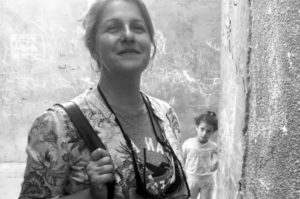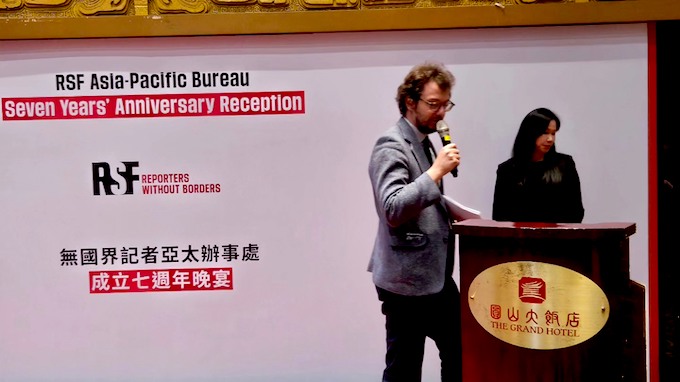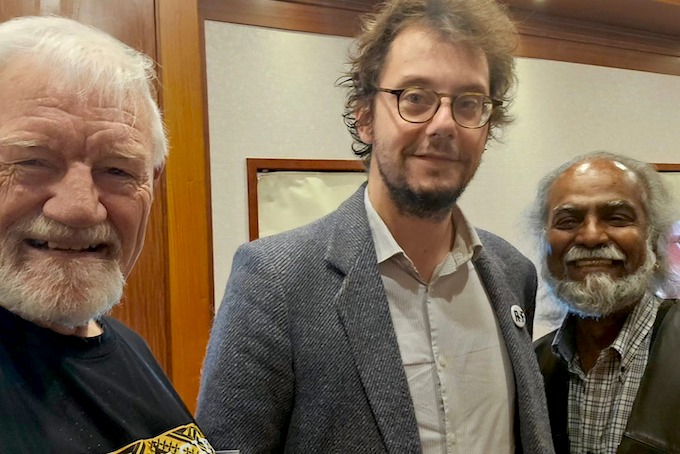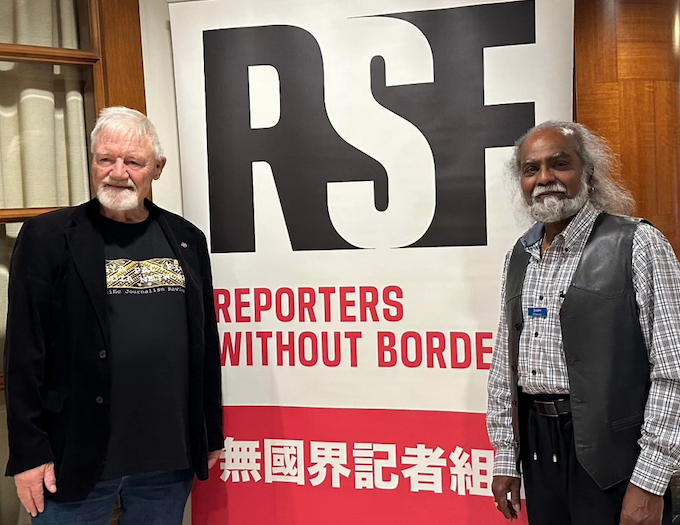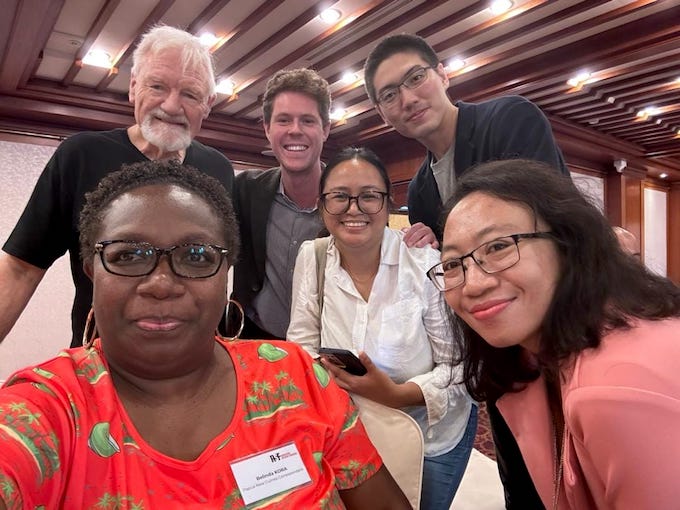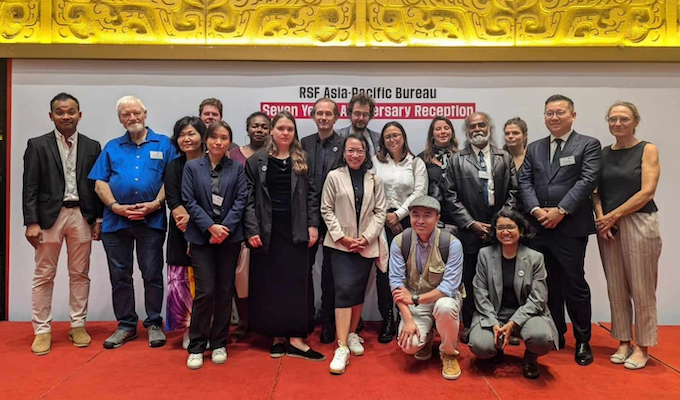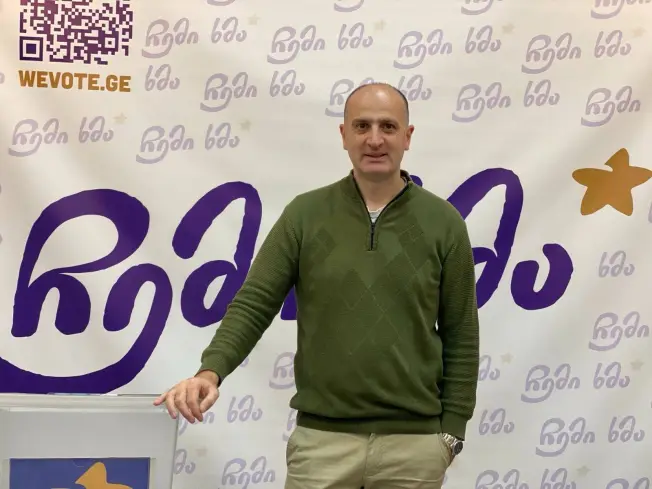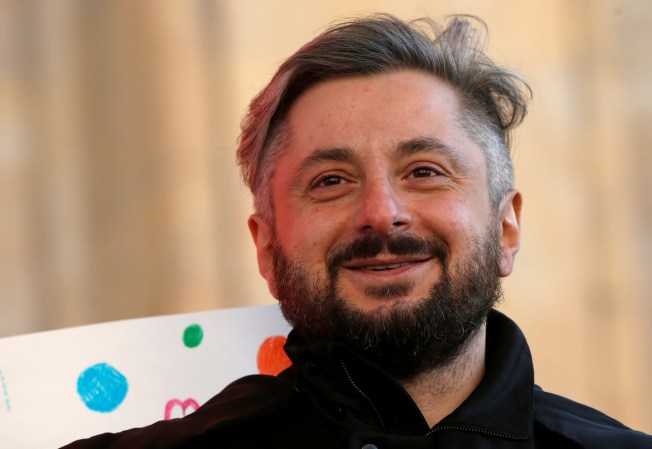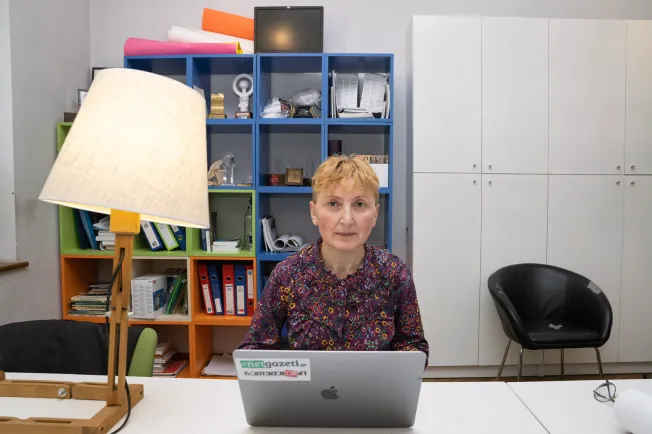There are other issues I would prefer to write about; all are affected by the Middle East crisis.
Economics
Economics is a “dismal science” that has a postulate ─ all money is debt. This postulate leads to the realization that the capitalist economy grows and survives with mounting debt and only the government can carry the debt burden. Debt forces the government to manage the economy and a more managed economy continually develops. U.S. Middle East policy generates constant wars, promotes an arms race, and is partly responsible for the continually increasing debt and managed economy.
Foreign Policy
Establishing hegemony by making the world recognize American exceptionalism, regardless of opponents are killed in the process, defines U.S. foreign policy. This one-sided and arrogant policy aligns with Israel’s modus operandi. It has been historical, counterproductive in several adventures, is doomed to failure in the present crisis, and will continue to harm the American people.
Politics
Extravagant divisions in the electorate and political system demonstrate a lack of comprehension of the political system by government officials and political strategists. Israel’s supporters take advantage of the mayhem in the political system and influence politicians and voters.
Media
Knowledge leading to capable decisions has not accompanied the rapid expansion in communications. Money talks and media squawks. Media is a convenient means of controlling and manipulating minds. Israel supporters are adept in using the media to manipulate the American public.
The Middle East crisis, engineered by Israel and the United States, overrides all other issues. It is unfathomable, an artificial construct that is incomprehensible. The issue can be resolved in one minute of time ─ stop the oppression of the Palestinians and grant them equal rights. Instead, deliberate destructions of the Palestinian community and of those who attempt to aid the Palestinians are the avenues of resolution. A spillover into greater destruction of other peoples, including the perpetrators of the genocide, is predicted. Get rid of everyone and the world’s problems will vanish.
The unending crises are a mystery and unraveling the mystery has become more of a detective story than an academic pursuit. Why is there a genocide, why is it supported, and can it be stopped? Historians, foreign policy experts, journalists, political commentators, and wise old men have not provided adequate answers to the questions. There is more to committing genocide than power politics.
At 10:54 PM, October 6, 2024, the world population was 8,226,477,186. Take a guess and estimate that 1.5 billion have sufficient awareness (not knowledge) of the Middle East crisis to attach themselves to a side in the crisis. Only a portion of inhabitants of the western world and India would favor the Israeli aggressive tactics; maybe 100 million in India and 200 million in the western world, compared to 1.2 billion in the rest of the Arab, African, Latin American, Central and Southeast Asia, and China worlds.
Take a more rigid perspective on what is definitely a genocide ─ no mistake in characterizing the violence against the Palestinians by that term. How does the number of those who know it is a genocide and still favor Israel compare with those who view it as a genocide and want it stopped? My guess is that a small clique of 7 million Zionist Jews (the Christian Zionists may favor Israel but do not influence others) actively influence 100 million people to favor their cause, and a billion of the world’s population react in horror to the genocide. A small clique of 7 million people are moving the world to enormous destruction and one billion remain powerless to prevent it. How can that be?
The mystery deepens with the revelation that this scenario has no reason. The argument that Jews, who are the wealthiest group in almost all western nations and occupy positions of prestige and importance in much greater portion than others, fear attack and need a land for themselves falls flat. In the land called Israel, only a small portion of the Jewish population can gain excessive wealth and dominance, while all live in constant fear of attack and animosity from much of the universe.
A one-state Israel, where all ethnicities live together and have equal rights can function as any democratic state. The Israeli Palestinians and Druze have been good citizens. Palestinians in all parts of the world — Chile, United States, Germany, Jordan, Syria, Lebanon — have pursued activities that benefitted their adopted nations. If the Jews in the one-state followed a similar pattern of dominance that Jews in the western world exhibit, then a greater portion of Israeli Jews will achieve enhanced prosperity in the expanded economy. The one-state might benefit the lesser advantaged Israeli Jews.
Let’s clarify nonsense. Jews can live almost any place throughout the western world and not be oppressed or subjected to violent anti-Jewish attacks. In 2020, Mexico had a population of 126,799,054 and a Jewish population of 58,876 people, 0.05 percent, and an infinitesimal part of the Mexican citizenry. On Tuesday, Oct. 1, 2024, Claudia Sheinbaum, one of the relatively few Jews in Mexico, was sworn in as president without incident. Worshippers of contrived anti-Semitism statistics, please explain that happening. There are few cases of physical attacks against Jews, and the ADL promotes the U.S. as a hotbed of anti-Semitism. Compare Jewish life in the United States with the centuries of life of African Americans, who live at the economic margin, are subjected to periodic police attacks that take their lives, and do not consider establishing a land of their own. Anti-Semitism is trivial compared to the discrimination that severely disrupts the lives of other Americans. Let’s not confuse anti-Jewish feeling, due to Jewish support of the genocide of the Palestinian people, with arbitrary prejudice against Jews.
Why is there a genocide?
Israeli murderous rampages lack compassion for Palestinian suffering, show no sympathy for the killed and no remorse for even “accidental” killings. Calculated dehumanization of the civilized, educated, endurable, and heroic Palestinian people certifies the inhumanity and criminal bent of the Zionist Jews.
Israel’s genocidal reaction to Hamas’ attack on October 7, 2023, a day that will be pressed forever in the American conscience, was unnecessary. The preferred strategy for a responsible military that values life is to reinforce the border, which could easily be made impenetrable. Using Mossad’s network of informers, infiltrators, and military drone and satellite surveillance, the Israeli military has mapped locations and movements of Hamas’ military leaders and fighting wing. Selective targets for drone and commando raids could have disrupted Hamas’ fighting capability. After crippling Hamas, the military could have developed a strategy that totally immobilizes Hamas and minimizes civilian casualties.
Israeli tank battalions could have surrounded schools, apartment buildings, hospital and refugee centers before broadcasting evacuation and surrender orders. After evacuation, which saves civilian lives, the tanks could have probed or shelled buildings they claimed harvested Hamas. No armed brigades surrounded buildings, no evacuation advisories occurred, and no Hamas operatives have been shown to be present in the wreckage. Just the opposite has happened; the Gazans have been told to flee and then have been shot by snipers. Doctors are shocked at the casualties and reports that have an unusual number of children shot in the head. Whole extended families of 30-70 people have been killed without warning. Israel is fighting an army that has no antitank guns, no heavy weapons, and just a few cadres still willing to fight. There is no Hamas army and there is no real war.
The Gaza campaign is not a military campaign; it is an excuse for a deliberate genocide. It has nothing to do with political and military strategies that are developed from able and astute minds. It comes from these minds — depraved, egocentric, inhuman, and criminal bent.

These criminal bent cannot distinguish between right and wrong, are trained to attach themselves to a unique tribe, and emotionally detach themselves from others. The criminal mind drives a great portion of the Israel community. This was shown in an interview by Christine Amanpour with an Israeli woman whose daughter was kidnapped by Hamas. The woman tells Christine Amanpour that “October 7 was a catastrophe for the whole world. Hamas is terrorist and terrorizing its own people. The world thanks us for fighting for them. Hamas is seeking to eliminate us and the free world.”
It is obvious the woman is reciting a script prepared by the Israeli propaganda machine. She does not concentrate on the travails of her daughter and displays a mind trained to attach itself to a unique tribe and emotionally detach itself from others. Only Israelis matter, and the world should recognize that damage to Israelis is damage to the entire word. Israelis are rescuing all of us. Hamas and its slingshots are “seeking to eliminate nuclear armed Israel and the free world.”
Here is the difference between terrorist Hamas that terrorizes its own people and benevolent Israel.

Image Courtesy of CNN Gaza before October 7

Image courtesy of Reuters Gaza after October 7
Terrorist Hamas has terrorized the population by constructing housing, schools, universities, hospitals, sports arenas, and given Gazans the tools to live, while Israel did all it could to disrupt their lives. Benevolent Israel has no compunction in destroying housing, schools, universities, hospitals, and tools that terrorist Hamas has given its people to survive the continuous onslaught against them.
It’s Gresham’s law ─ bad money drives out good money ─ applied to human existence — bad people drive out good people; in this case, the worst constantly replacing the less worst. There are many Israelis, even settlers, who want to cooperate with the Palestinians, but the plurality that gained government control permits and encourages robbery and murder of Palestinians. The settlers take advantage of the opportunities.
The genocide proceeds from a criminal bent leadership that organizes criminal activities, which is rationalized. Provoke the Palestinians to respond to an attack and then accuse them of attacking ─ a favorite and successful trickster investment by the Zionist Jews, which has given them huge dividends. The Zionists expect those robbed and harmed will seek justice, from within and from without. Way to stop that is to get rid of them. With no them, there is nothing to worry about. There is no resurrection.
Why are nations and groups supporting the genocide?
All those who support the genocide of the Palestinian people are inflicted with the criminal bent plus gene — might makes right and anyone who does not recognize your might has no right to live. Bill Maher, a political comedian who posed as a human rights advocate, revealed how the American conscience reflects the Zionist conscience. In an HBO episode, Maher exclaimed, “The State of Israel is here to stay and the Palestinians will need to get used to it.” At other times, he defended Israel’s war on the Gazans and defended his positions with,
History is brutal, and humans are not good people, and, I would submit that Israel did not steal anybody’s land. This is another thing I’ve heard the last couple of weeks, words like ‘occupiers’ and ‘colonizers’ and ‘apartheid,’ which I don’t think people understand the history there. The Jews have been in that area of the world since about 1200 BC, way before the first Muslim or Arab walked the earth. Other people do not understand the history there.
Bill Maher is considered a political satirist with a large following. He must have been satirizing when stating, “The Jews have been in that area of the world since about 1200 BC, way before the first Muslim or Arab walked the earth.” Any existing Neanderthals to claim the land? Where have the Palestinians prevented Israel’s existence? If they did, how did Israel get so strong? Aren’t the Zionist Jews attempting to prevent Palestinian existence? Aren’t the Palestinians here to stay and shouldn’t the Jews get over it? Maher follows the usual Zionist scheme ─ attribute to the adversary the iniquities and guilt of the Zionists.
The United States, beginning with the landing of the Pilgrims, and Israel, beginning with the landing of the Zionists, follow identical patterns of history. Both obtained assistance from the indigenous people and then obliterated them. Continuous wars, always in defense, never compromising, always killing mercilessly, and each convinced of their exceptionalism categorize the Israelis and Americans ─ partners in crime against humanity, willing accomplices to genocide.
Can the genocide be stopped?
Rays of hope indicate nations will take a firm stand against the genocide and rally support for the Palestinians.
- China has taken an active role in promoting a ceasefire.
- Turkish President Recep Tayyip Erdogan told the United Nations General Assembly it should recommend use of force if the UN Security Council fails to stop Israel’s attacks on Gaza and Lebanon.
- Russia has shown sympathy for the Palestinian cause but is unable to act while being tied up in Ukraine.
- France’s President Macron has asked all nations to stop sending arms to Israel. Prime Minister Netanyahu’s response to President Macron’s plea revealed his lack of responsible executive behavior in international relations, his twisted mind, escape from reality, and superior attitude.
As Israel fights the forces of barbarism led by Iran, all civilized countries should be standing firmly by Israel’s side….Yet President Macron and some other Western leaders are now calling for an arms embargo against Israel. Shame on them.
Let me tell you this, Israel will win with or without their support, but their shame will continue long after the war is won.
- Spain, Norway and Ireland have recognized Palestine statehood. Spain announced it would join South Africa’s genocide case before the International Court of Justice against Israel’s actions in Gaza.
Response from Israeli Foreign Minister Israel Katz repeated Netanyahu’s’ obsessive behavior, the twisted mind, the escape from reality, and the superior attitude. In an X message, addressed to Spanish Prime Minister Pedro Sánchez Pérez-Castejón, Katz wrote,
Hamas thanks you for your service….Khamenei, Sinwar, and deputy PM Yolanda Diaz (Spain’s deputy PM) call for the elimination of Israel and for the establishment of an Islamic Palestinian terror state from the river to the sea….Sanchez, when you don’t fire your deputy and declare recognition of a Palestinian state — you are a partner to incitement to the genocide of Jews and to war crimes.
- Iran has entered the hostilities and defiantly said it will not back down. Does Iran have a power that allows its defiance?
The minds and authorities that gave us genocide of the Native Americans, slavery, and genocide of the Palestinians cannot be changed. There is little hope that revolutions in the United States and Israel will occur and correct the situation. Where are the Obamas? Unfortunately, Israel, together with its supplicating ally, the mighty U.S., feels comfortable. It has destroyed its antagonists. Hamas is impotent, Hezbollah is in disarray, with Netanyahu boasting that “Lebanon could face destruction like Gaza,” a confession that destruction of Gaza and not Hamas guides Israel’s military actions. Iran awaits an attack that Defense Minister Gallant describes as “deadly, precise and, above all, surprising. They will not understand what happened and how it happened. They will see the results.”
The rays of hope that indicate nations will take a firm stand against the genocide and rally support for the Palestinians is blocked by the knowledge that all will burn. The world is trapped. Israel has nuclear weapons and will not hesitate to use them, knowing that by its small size and close location to other nations, opponents realize that radioactive fallout from atomic bombs falling on Tel Aviv will jeopardize surrounding nations. The military option is not plausible.
Israel has always posed the crisis as “it’s us or them,” another departure from reality that is used to justify its criminal behavior. “Us” refers to, “They intend to destroy us”(Israel.)” “Them “refers to, “We destroy them before we are destroyed.” Nobody has shown the power or proclivity to have it “us.” Battle maps show Arab nations with large arrows thrusting huge armies to batter Israel. Where are any of them?
With Israel having atomic weapons and a mentality that will use them, stopping the genocide by military means predicts it will be “us” and “them,” where “us” are the peace loving people of the world and them are all the Israelis — Jews, Muslims and Christians. Israel has the world in a “lose-lose” situation and will never accept a “win-win” situation. This leaves little room to maneuver and ability to save the Palestinians. Social isolation and economic deprivation, including sanctions of the criminal nation, are paths to forcing the issue. They are long and difficult and have not proven effective in past genocides.
The solution to stopping Israel’s massacre of the Palestinians lies with the Israelis and Jews around the world. Israel’s genocidal policies have generated internal detractors, social unrest, political divides, an economic decline, and military disagreements. All combat is neutralized by “us” or “them,” supplied by the constant war against the Palestinians, which demands absolute loyalty to the state that is shielding its Jews from another Holocaust. This steady stream of propaganda is similar to the manner in which the Nazi state convinced a plurality of Germans to support the Nazis until the end. It’s a toss up as to who better fits the image of Nazism ─ Deutschland or Zionistland?
The “us” or “them,” reinforced by a population that has been nurtured on a daily cereal of holocaust and enjoys being a victim, explains the bewildering Israeli Jewish position on blithely, and it is blithely, committing genocide. The real Jews, those in the Western world, who understand Judaism and the struggles of their immigrant ancestors, have been thrust into a battle to rescue Judaism and the Palestinians.
As mentioned before, Jews live well and peacefully everywhere, except in Israel. If their sleep is disturbed, it is because of Israel and its partners in crime. The anti-defamation League (ADL), better named the Defamation League, is a business; it exists to find anti-Jewish expressions and the more it can manufacture, the more successful it is as a business. The Israel Lobby is a conspiratorial lobbying arm of the Israeli government, reaching deeply into media, DC “Think Tanks,” government agencies, religious institutions, cultural institutions, and households, providing an invisible army of millions, many born in Israel and sent by Israel to corrode the political system, influence the electoral system, and delude the central nervous systems. Defeating the anti-Judaism branches of the anti-Jewish Zionist extremists is a challenge that is met by numbers, dollars, resources, energy, demonstrations, public relations, media advertisements and strategic thinking, which translates to being one step ahead of the most conniving, lying, cheating, and deceiving assortment of killers the world now sees. In the words of F. Scott Fitzgerald,
Gatsby believed in the green light, the orgiastic future that year by year recedes before us.
It has eluded us now;
Tomorrow, we will run a little faster,
Stretch our arms a little longer.
Boats against the current,
Borne back ceaselessly into the Past.
The post
Unraveling the Mystery of the Middle East Crisis first appeared on
Dissident Voice.
This post was originally published on Dissident Voice.
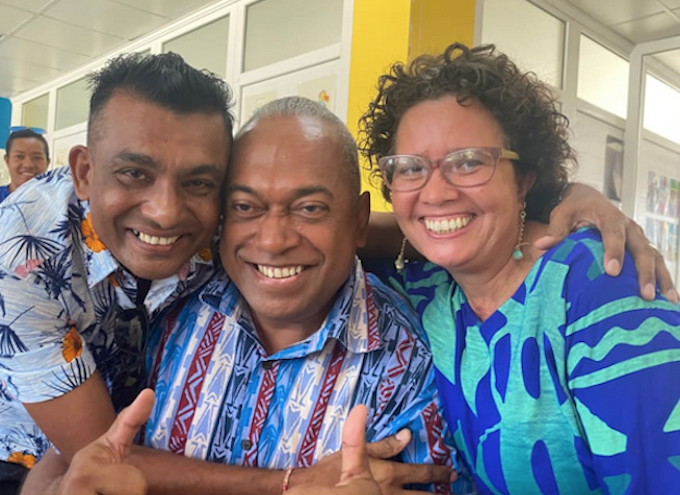
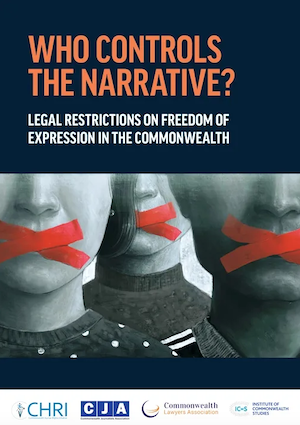
 .
.